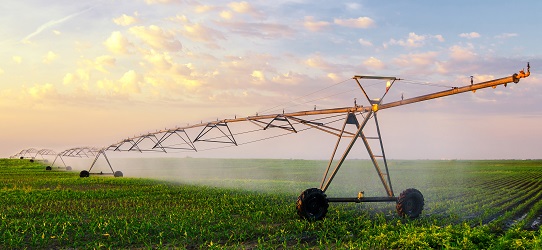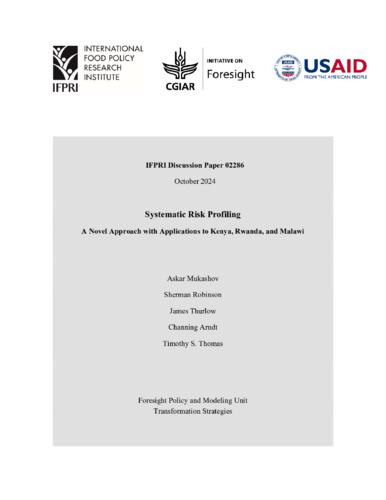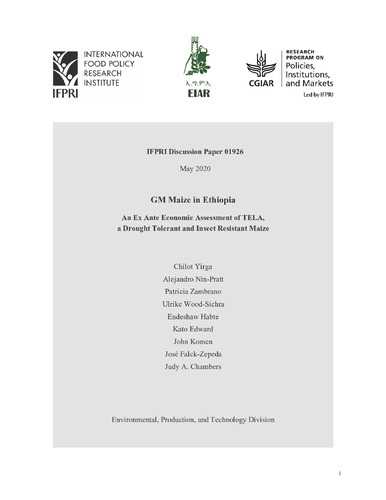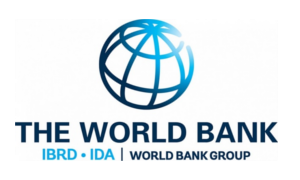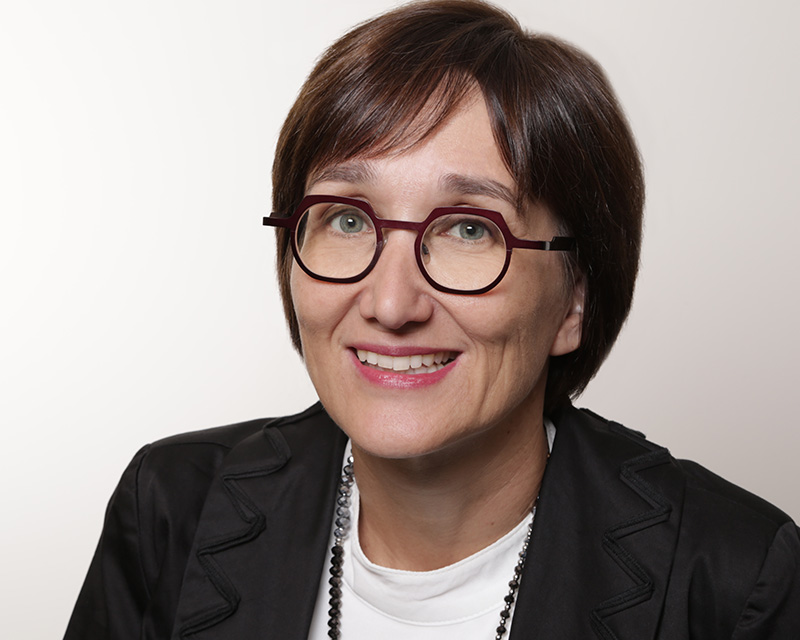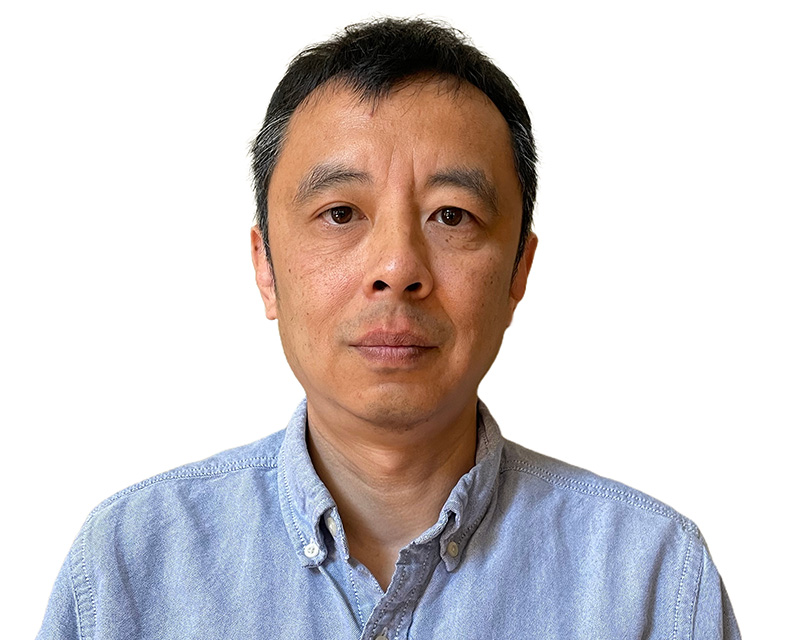Nearly 93% of agriculture in Africa south of the Sahara is currently rainfed and a large share of the rural population is subject to the vagaries of climate to grow crops and support livestock production. Yields for both crops and livestock have stagnated or grown only slowly for decades; as a result, net food imports of basic staples have increased rapidly in line with growing populations and are projected to continue into the future. Many studies have found that, compared to historic climate scenarios, climate change will lead to changes in yield and area growth, with overall lower yield growth and therefore larger expansion, higher food prices and therefore lower affordability of food, reduced calorie availability, and growing childhood undernutrition in Africa south of the Sahara. Irrigation is a particularly robust climate smart agricultural (CSA) technology in the semi-arid and arid areas of SSA and is often essential to the deployment of any other CSA technology.
Several studies have found substantial profitable potential for irrigation expansion in Africa south of the Sahara under both a both a drier and wetter climate future (using the most extreme climate scenarios available at the time), as well as under alternative crop price and irrigation cost trajectories. An IFPRI-developed online web-tool provides information on investment potential, number of people reached, and information on environmental impacts (increase in total water consumption) (http://www.cgiar-csi.org/portfolio-items/awm-investment-visualizer).
In order to take advantage of the potential that irrigation has as a key CSA technology in African drylands for both food and nutrition security, a series of research questions and hypothesis need to be addressed to identify how communities, regions, and countries can best take advantage of water resources to produce an impact on food and nutrition security.




